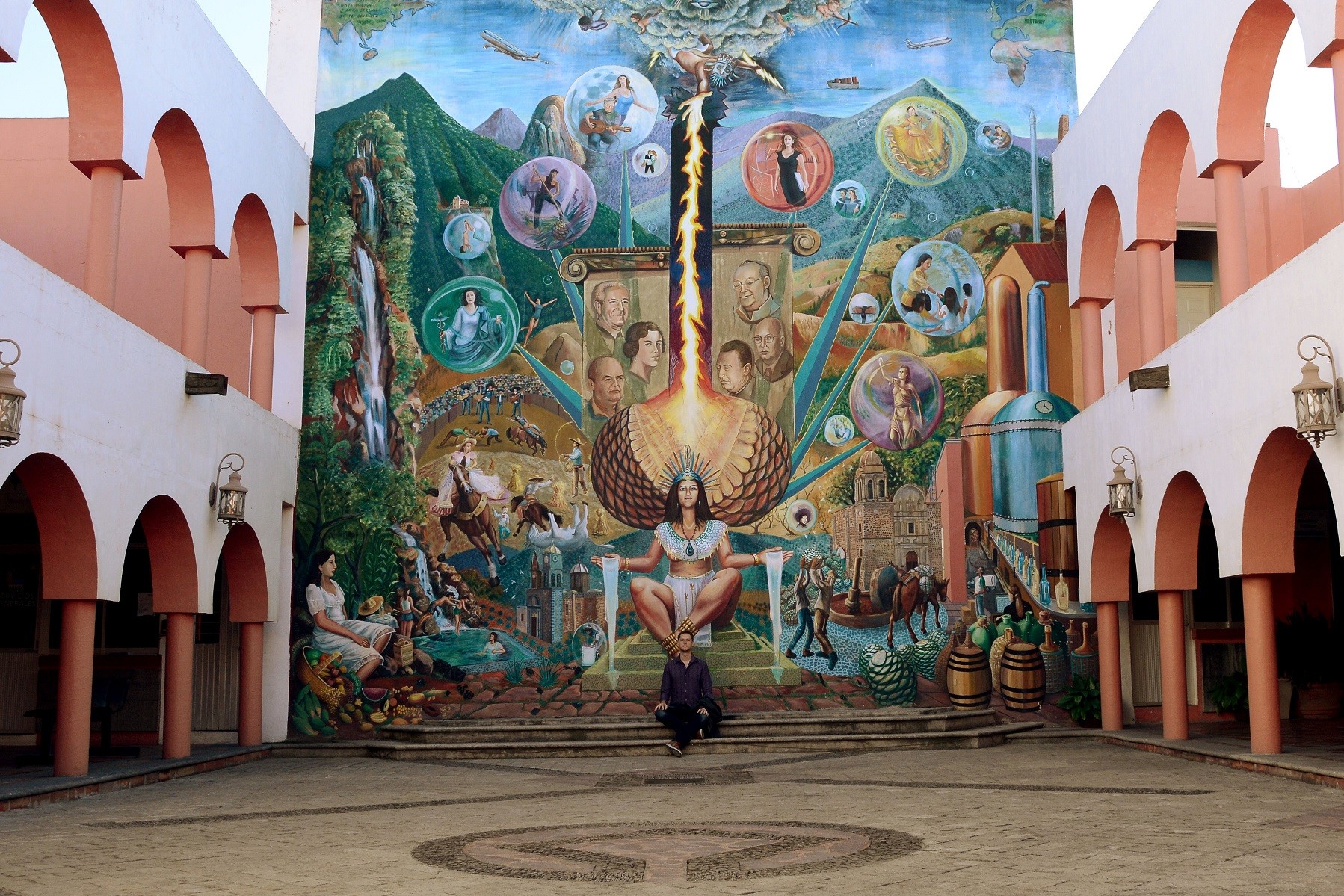The Story: Two men’s views on how to attract women
For many straight men, the subject of how to meet interesting women is a difficult one, and different people face it in different ways. Some choose to avoid their own sexuality, hiding their desires from the world and even pretending they don’t exist. Others shy away in fear, knowing that they want to take action, but not able to build the courage to do it. Still others confront the problem with determination, puzzlement and wonder, not sure exactly how to match their desires with the desires of a woman, but unwilling to surrender to their shy nature.
In this episode, Kurt talks to his long-time friend Luke Petersen about the topic of meeting, attracting and even seducing women. They talk about how spending time improving your social skills may actually save you time in the long run, about dating models, chasing women and having women chase you, about the hard work that it takes many guys to develop their confidence, whether money matters, Mystery Method, card tricks, and other strange things that men will use in their quest for natural confidence.
Join Kurt and Luke on another heart-thumping, testicle-tingling, beast-moding episode of… The Paradise Paradox!
The Eps:
Skeptic meets ghost: Luke Petersen – Episode 133
Dating advice from a professional: Chris Manak – Episode 122
The Links:
The Cash:
If you enjoy our posts, please have a look at The Paradise Paradox’s page on Steemit where you can join, earn money, and upvote our posts to help support the show! You can also find a lot of additional content which is not posted on this site, with Kurt’s posts on Steemit and Aaron’s posts on Steemit.
We really appreciate all of your contributions! Every cent and satoshi we receive lets us know that we’re doing something worthwhile, that you are entertained by our program, and that you’re starting to question what you know more and more. Please be generous. Donate to The Paradise Paradox. Or buy some stuff on Amazon using this link. Or buy some of our great T-shirts here.
The Episode:
To download the audio, right click and press “save as”.
Remember to subscribe on iTunes or subscribe on Pocket Casts.
If you enjoyed the episode, don’t keep it a secret! Feel free to share it on Twitter, Tumblr, Facebook, Reddit, or your office bathroom wall.

